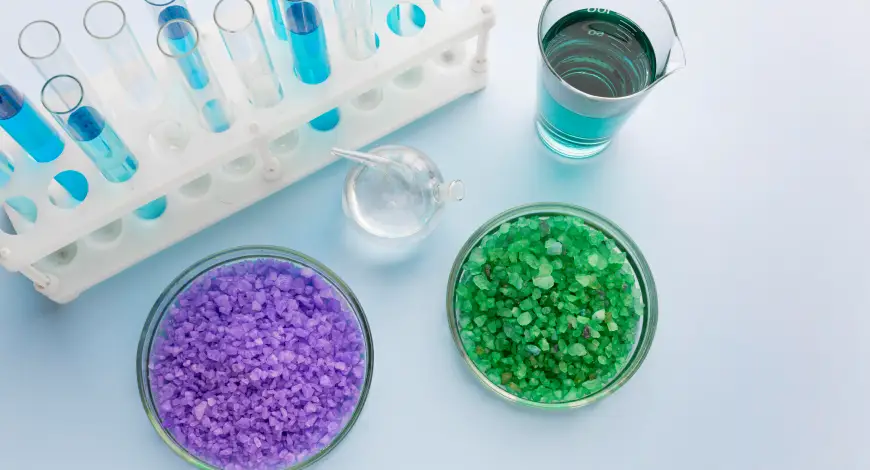Plastic has become an integral part of our lives, and it is difficult to imagine modern society without it. From food packaging to electronics, plastic is used in a variety of industries. However, the convenience of plastic comes at a cost, and that cost is the environment. Plastic waste is one of the most significant environmental challenges facing the world today. It takes hundreds of years for plastic to break down, and it can have devastating effects on ecosystems, wildlife, and human health.
Fortunately, there is a solution to this problem, and it is called plastic upcycling. Upcycling is the process of transforming waste materials into new products of better quality or higher value. Plastic Upcycling is a method of reusing plastic waste to create new products that are both functional and sustainable. This process not only helps to reduce the amount of plastic waste in landfills and oceans but also creates a new revenue stream for businesses and communities.
The plastic upcycling process involves several steps. First, the plastic waste is collected and sorted according to its type, color, and grade. This is important because different types of plastic require different processing methods. Once the plastic is sorted, it is cleaned and shredded into small pieces. These pieces are then melted down and molded into new products. The final step involves quality control and testing to ensure that the new products meet industry standards.
There are several benefits to plastic upcycling. First and foremost, it helps to reduce the amount of plastic waste in the environment. By upcycling plastic waste, we are diverting it from landfills and oceans, where it can take hundreds of years to break down. Second, plastic upcycling can create new revenue streams for businesses and communities. Upcycling can be a profitable business, and it can help create jobs in communities that are struggling economically. Third, plastic upcycling can reduce the demand for new plastic products, which in turn can help to reduce the amount of plastic that is produced.
There are many products that can be created through plastic upcycling. One example is furniture. Chairs, tables, and benches can be made from upcycled plastic waste. These products are not only functional but also stylish and sustainable. Another example is building materials. Bricks, tiles, and panels can be made from upcycled plastic waste, which can be used for construction purposes. These products are durable and can withstand the elements, making them ideal for outdoor use. Other products that can be created through plastic upcycling include bags, accessories, and toys.
One company that is at the forefront of plastic upcycling is TerraCycle. TerraCycle is a company that specializes in recycling hard-to-recycle waste. The company has developed a range of products made from upcycled plastic waste, including office furniture, home decor, and gardening products. TerraCycle has also partnered with major brands such as Procter & Gamble and Nestle to help reduce their plastic waste.
Another company that is making strides in plastic upcycling is The Ocean Cleanup. The Ocean Cleanup is a nonprofit organization that is dedicated to cleaning up the ocean’s plastic waste. The organization has developed a system that collects plastic waste from the ocean and upcycles it into new products, including sunglasses and phone cases. The Ocean Cleanup has also launched a program called the “Interceptor,” which is designed to collect plastic waste from rivers before it reaches the ocean.
Plastic upcycling is not without its challenges. One of the biggest challenges is the lack of infrastructure and investment in upcycling facilities. Upcycling requires specialized equipment and skilled workers, which can be costly to acquire and maintain. Additionally, upcycling facilities require a steady supply of plastic waste to be economically viable. Plastic is a sensitive issue and it needs sufficient attention to various aspects to ensure it’s upcycling. The way more and more companies are coming to volunteer and research plastic upcycling, who knows very soon we may find plastics getting upcycled into more valuable materials like fuel.
Well, the future holds the results but till then we suggest you avoid the use of plastics where not necessary. This way if every person on this earth avoids one plastic a day there will be 7.2 billion less plastic per day.


Leave A Comment